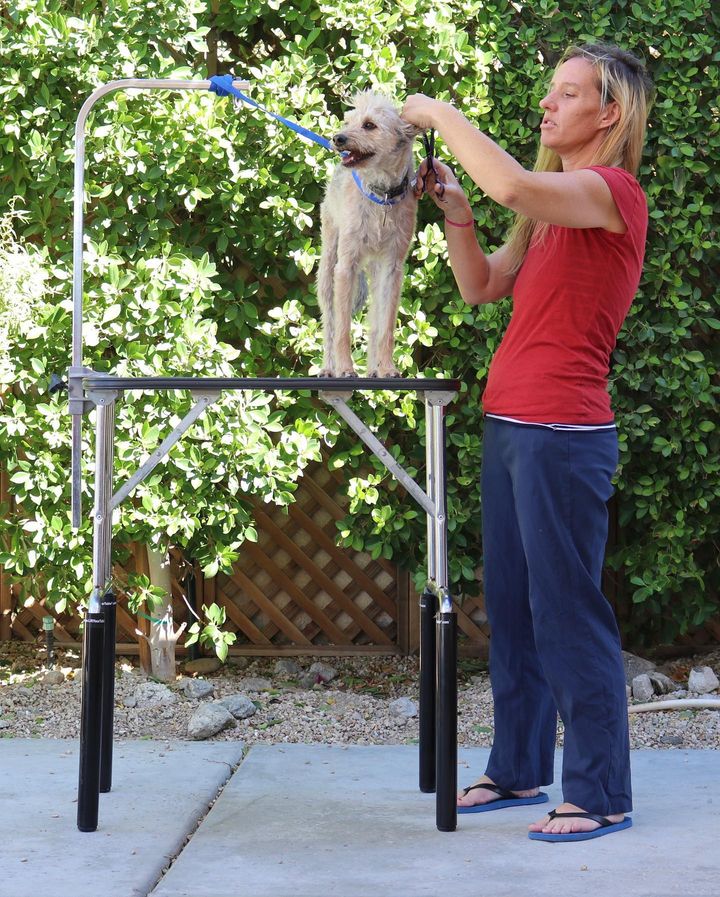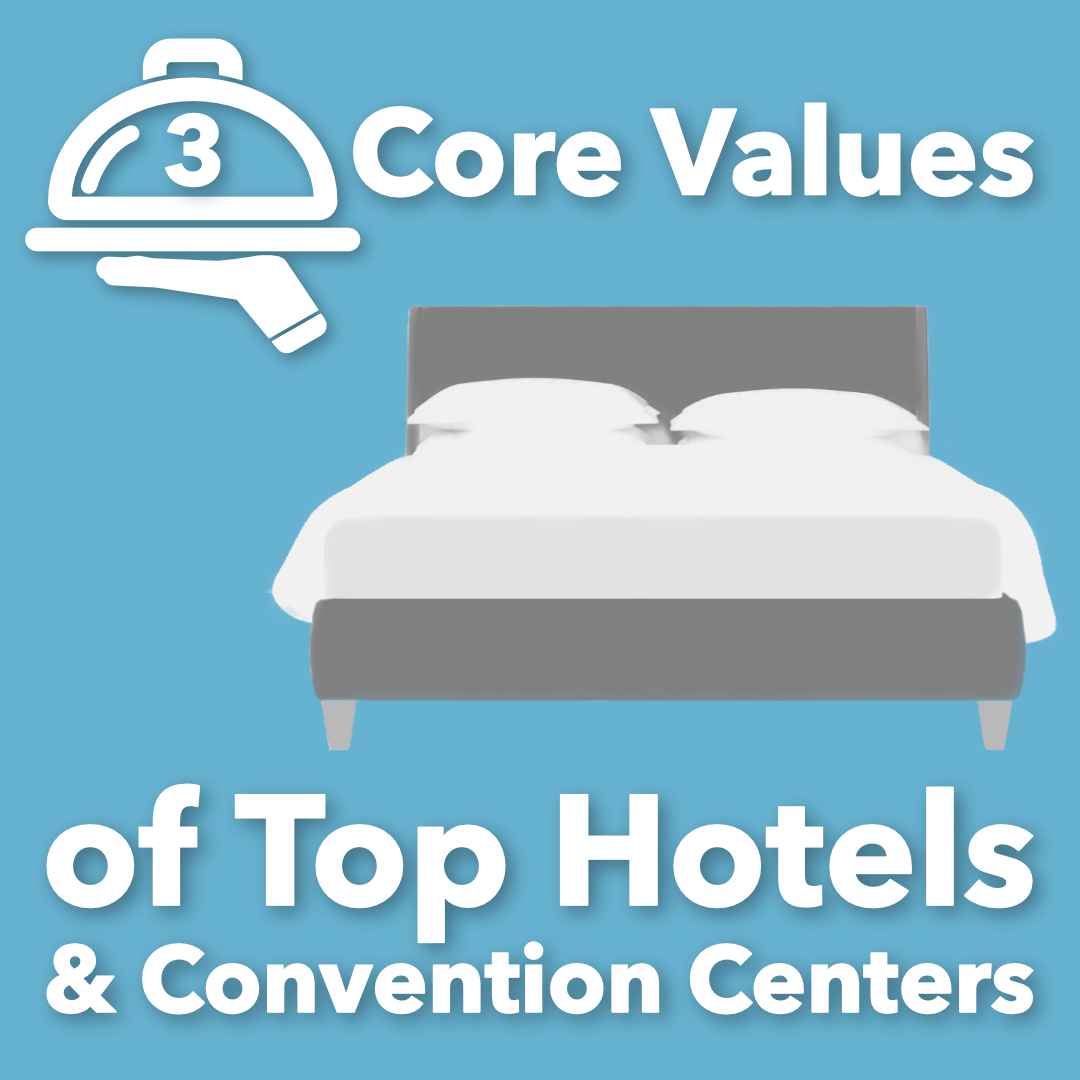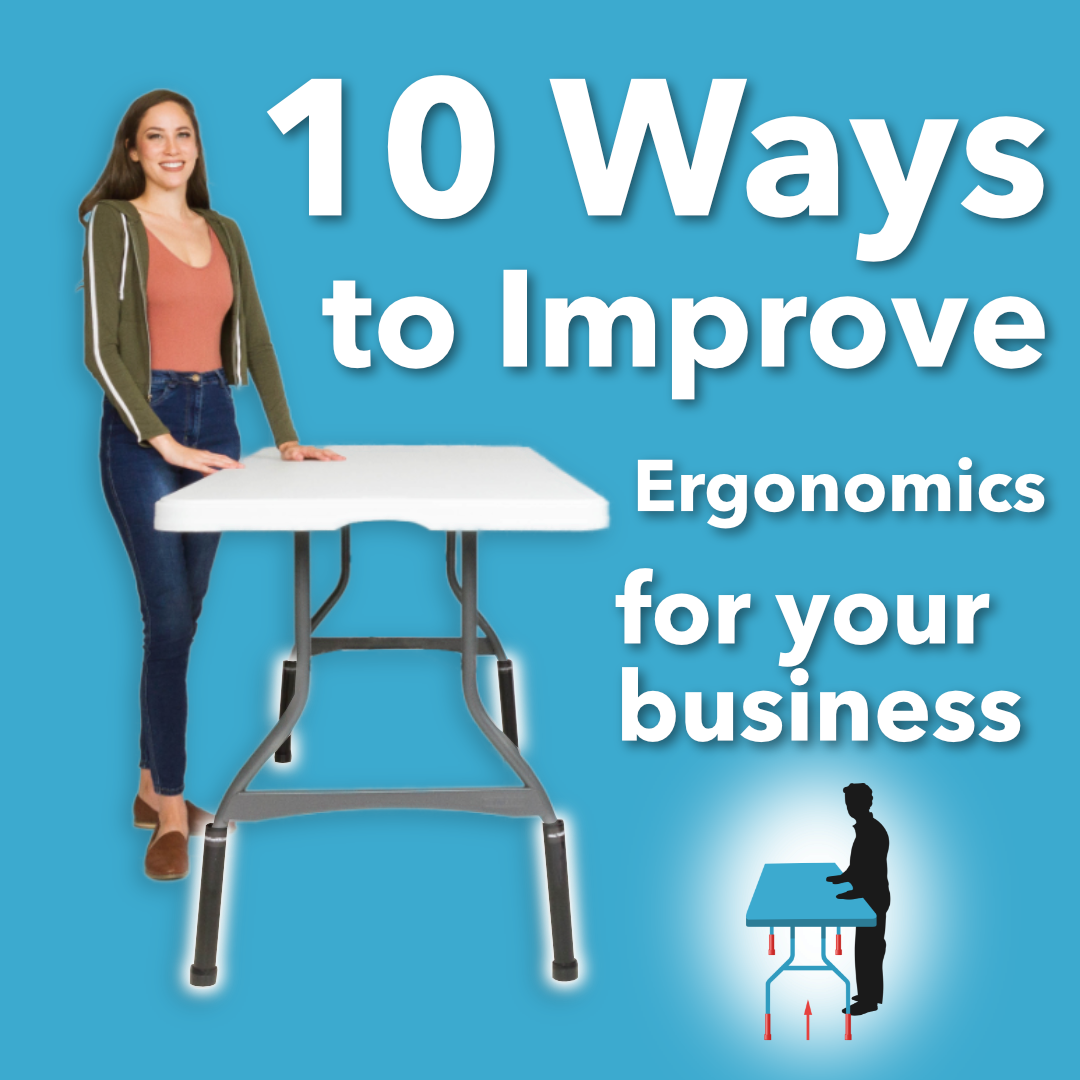When you think about safety, especially in the workplace, what comes to mind? Maybe you’re in a specific industry and safety means grabbing another colleague for a team lift. Or wearing your hard hat. Or possibly your fall protection. Or some other kind of PPE.
If you work in an office, maybe safety doesn’t have much meaning for you. Or maybe it means being ergonomic, or holding onto the stair rail so you don’t slip and fall.
Whatever safety means to you, we’re guessing that the idea of relaxation didn’t enter into it. And yet… relaxation is important to safety on the job. So celebrate the National Day of Relaxation on August 15.
Relaxing on the job??
OK, maybe not on the job. Kicking back in your bucket truck with an adult beverage is probably not a wise idea. Even when you’re wearing your fall protection. Taking a minute for a dance party when you’ve got welding tools in each hand is also maybe not the way to go.
But relaxing as part of your daily routine, when you’re not on the job, is important.
Relaxing is key to safety on the job
At work, most people need to think about what they’re doing and pay attention. That’s particularly important when you’re handling dangerous materials, or climbing 20 feet in the air, or driving a forklift in a busy warehouse.
The human brain is an attention machine. When you think about safety, you pay attention to it. (That’s why regular safety meetings at work are so critical.) However, the human brain can’t pay attention for hours on end without a break.
Humans evolved to pay attention for short periods of time, like when they were out hunting and gathering, to make sure they wouldn’t be eaten by a predator. Short bursts of attention during the day were pretty common, but there was usually no reason for prolonged periods. So our minds need breaks now and then.
The ability to focus decreases during the day, especially if you’re not taking mind breaks. By the time you leave at the end of the workday, it’s probably pretty drained.
Relaxing doesn’t necessarily mean watching TV/screens
Sometimes you do need to veg out in front of the TV and passively take in some entertainment. Although it may seem relaxing, it’s not really what your brain wants. Instead, rest by hanging out and connecting with friends and family, doing hobbies or sports that you enjoy, etc.
Have a potluck party on the weekend so you can get together with friends without a whole lot of work. Go to the park or go camping. Tune out of your phone, emails, notifications, social media, and into friends, nature, and crafts and hobbies.
Too busy to relax?
When you don’t take the time to give your brain the rest it needs (in addition to sleep) you’re not functioning at an optimal level. When you’re fatigued, you’re more likely to get hurt.
Per OSHA, injuries increase 18% for evening shifts and 30% for overnight shifts. The National Transportation Safety Board estimates that nearly 1 in 5 crashes are related to fatigue. (See all the scary details here.)
No wonder you’re so busy – it takes you forever to get things done because you’re too fatigued to focus. When your brain is tired, everything slows down. Relaxation isn’t an indulgence. It’s necessary to keep functioning and stay safe at work.
Think you’re too busy to relax when you’re off work? See how much time you spend in front of screens. There are apps out there that count how many times you check email/notifications or how long you spend on social media.
Most people have no idea how long they spend mindlessly scrolling, so quantify it. You’ll probably be shocked by the amount of time you’re not being productive. Instead of heading to the screen, head to the park or the living room where your family is and spend time there.
The more you can relax at home, the more you can pay attention at work. Counterintuitive? Maybe. But working with your brain instead of against it helps you stay safe and healthy.
Does your hobby or fave thing include standing up at a folding table? If so, lift up the surface with a set of folding table risers so you can enjoy it without worrying about hurting your back. Click here to see our full line.
Lift Your TableⓇ… SAVE YOUR BACK!




